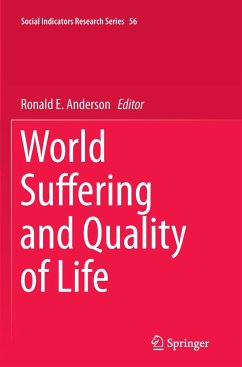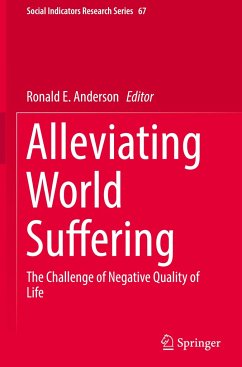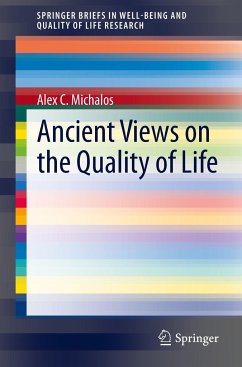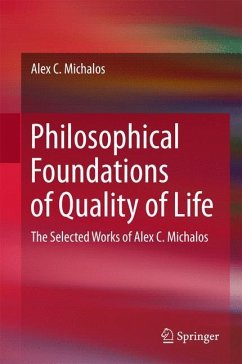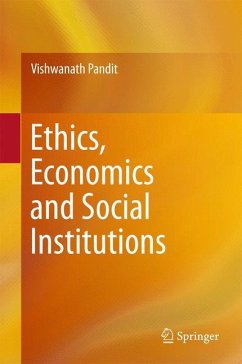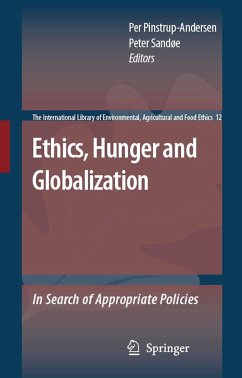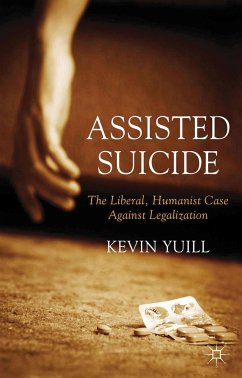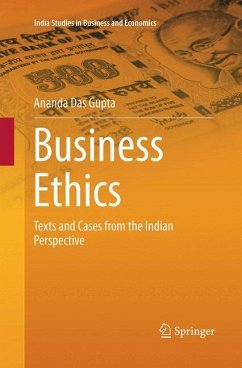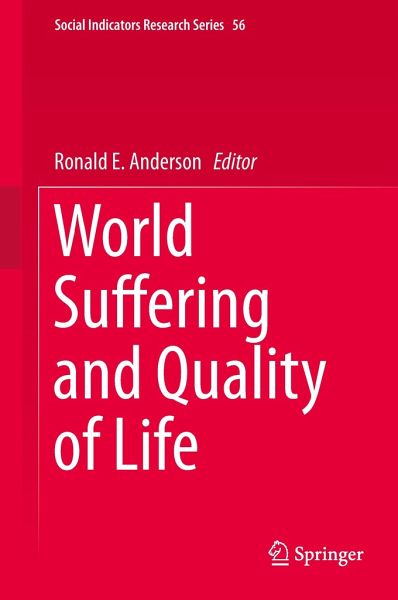
World Suffering and Quality of Life

PAYBACK Punkte
42 °P sammeln!
This is the first book tackling the topic of world suffering. It compiles in one place the ideas, perspectives, and findings of researchers from around the world who pioneered research-based understanding of human suffering. Some chapters use the paradigm of 'quality of life' to explore ways to enhance knowledge on suffering. Other chapters show how concepts and knowledge from suffering research can benefit studies on quality of life.By bringing together in one volume, ideas and research experience from the best minds and leading researchers in the fields of pain, suffering, poverty, deprivati...
This is the first book tackling the topic of world suffering. It compiles in one place the ideas, perspectives, and findings of researchers from around the world who pioneered research-based understanding of human suffering. Some chapters use the paradigm of 'quality of life' to explore ways to enhance knowledge on suffering. Other chapters show how concepts and knowledge from suffering research can benefit studies on quality of life.
By bringing together in one volume, ideas and research experience from the best minds and leading researchers in the fields of pain, suffering, poverty, deprivation, disability and quality of life (including well-being and happiness), this volume advances social science solutions to a number of major threads of research, most notably suffering. As a whole, the volume advances the fields of suffering and deprivation by suggesting a working typology of suffering and by pointing out the major paradigms for relief of suffering, such as humanitarianism, human rights, caring, and healing. This volume provides a wealth of insights about the interaction between suffering and quality of life, the most up-to-date characterization of worldwide suffering, and a grasp of the implications of these data for local and global policy on health and social well-being.
By bringing together in one volume, ideas and research experience from the best minds and leading researchers in the fields of pain, suffering, poverty, deprivation, disability and quality of life (including well-being and happiness), this volume advances social science solutions to a number of major threads of research, most notably suffering. As a whole, the volume advances the fields of suffering and deprivation by suggesting a working typology of suffering and by pointing out the major paradigms for relief of suffering, such as humanitarianism, human rights, caring, and healing. This volume provides a wealth of insights about the interaction between suffering and quality of life, the most up-to-date characterization of worldwide suffering, and a grasp of the implications of these data for local and global policy on health and social well-being.





